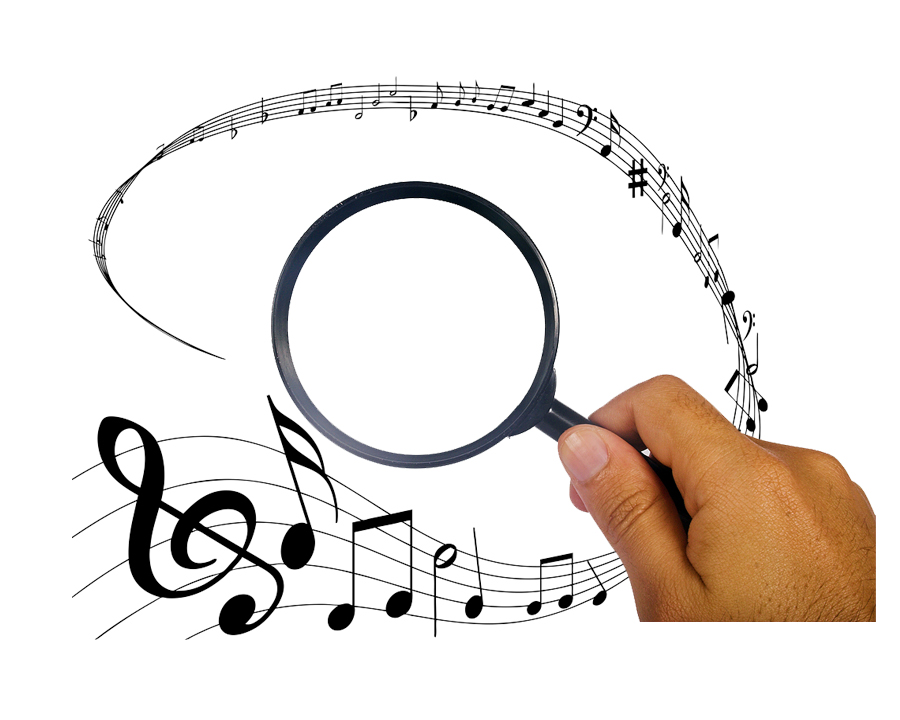MOG: it's growing on me
 As I've mentioned in previous articles (Pandora's pitfalls, ...prefer analog search, ...digital falls short), I find that online music services generally fall short of my needs. Pandora's collection is restrictive, leaving out a significant percentage of the bands I want to know about. It also does a poor job of finding related music, rarely finding bands I like that sound like those I listen to. Last.fm does much better at finding "sounds similar" bands but you can't just listen to a band's album. Sometimes you can preview parts of their songs, or hear whole songs as part of the their "station" but it's hit or miss, you can't simply listen to an entire album. Spotify isn't bad, it allows you to listen to whole songs, but it always feels a bit overblown and invasive. I haven't found value in its desire to merge my personal collection with its online collection, and the native app is yet another layer of baggage between me and listening to music. What I really want is to simply listen to music.
As I've mentioned in previous articles (Pandora's pitfalls, ...prefer analog search, ...digital falls short), I find that online music services generally fall short of my needs. Pandora's collection is restrictive, leaving out a significant percentage of the bands I want to know about. It also does a poor job of finding related music, rarely finding bands I like that sound like those I listen to. Last.fm does much better at finding "sounds similar" bands but you can't just listen to a band's album. Sometimes you can preview parts of their songs, or hear whole songs as part of the their "station" but it's hit or miss, you can't simply listen to an entire album. Spotify isn't bad, it allows you to listen to whole songs, but it always feels a bit overblown and invasive. I haven't found value in its desire to merge my personal collection with its online collection, and the native app is yet another layer of baggage between me and listening to music. What I really want is to simply listen to music.
When MOG first became available, a good friend mentioned it to me, suggesting that I should check it out. This was before their UI rework and the site was a bit drab and scattered. I tried it out as a place to host my bands' music and, sadly, found it did not fare well against Last.fm. We weren't able to flesh out the Scattershock and Danger, Ltd. profiles and MOG did not relate us to any similar artists. MOG was a disappointment to me, and I soon discontinued my use of the service.
At some point, however, I learned of their UI refresh and was once again in the market for a streaming service. I need a way to review music for my KGLT radio show, both to pick songs and artists out, as well as find expletives that can't be aired on the radio. iTunes is pretty good for quick evaluation, answering the question "Do I like this enough to play it?". But iTunes' short previews prevent me from reviewing an entire song and the F-word or the Sh-word can lurk in any crevice of a song, there's no guarantee it'll show up in the section provided by iTunes. Last.fm and Pandora also fail here, because you can't just select a song and listen top to bottom. Spotify just feels too complicated for me; what I really want is somewhere I can very quickly look up a band, find their latest album and start playing their (full) songs.
With those goals in mind, suddenly MOG rose solidly to the surface. It's really easy. Open the MOG webpage and then you can execute exactly the steps I mentioned: 1) search by band name, 2) click through to band summary page, 3) click through to album with most recent release date, 4) click to play album. Done. It's been wonderful for my radio prep and now it's becoming my "go to" source of background music when I want something outside of my own iTunes library.
Happily, as I write this article and wander around the MOG site, I realize that another of my criticisms has fallen away. Both Scattershock and Danger, Ltd. now have similar artists. I'd had a similar experience with Last.fm, it took awhile (months) before we achieved some magical threshold and started showing similar artists. Maybe a similar buildup was needed for MOG or maybe they just fixed a bug. Regardless, I'm pleased to see the progress made by MOG. It's vaulted the MOG service to the top of my list and if you haven't tried it lately, I'd recommend you check it out.
If you have love, hate or anywhere in between experiences with music streaming, share your thoughts in a comment. What do you like or dislike about the services available and what decision-making process led you to your current favorite?
 2 Comments → Posted on
2 Comments → Posted on  Wednesday, July 11, 2012 at 4:42PM
Wednesday, July 11, 2012 at 4:42PM  Last.fm,
Last.fm,  MOG,
MOG,  Pandora,
Pandora,  Spotify,
Spotify,  iTunes,
iTunes,  music streaming | in
music streaming | in  Opinion,
Opinion,  Streaming,
Streaming,  Technology
Technology 
